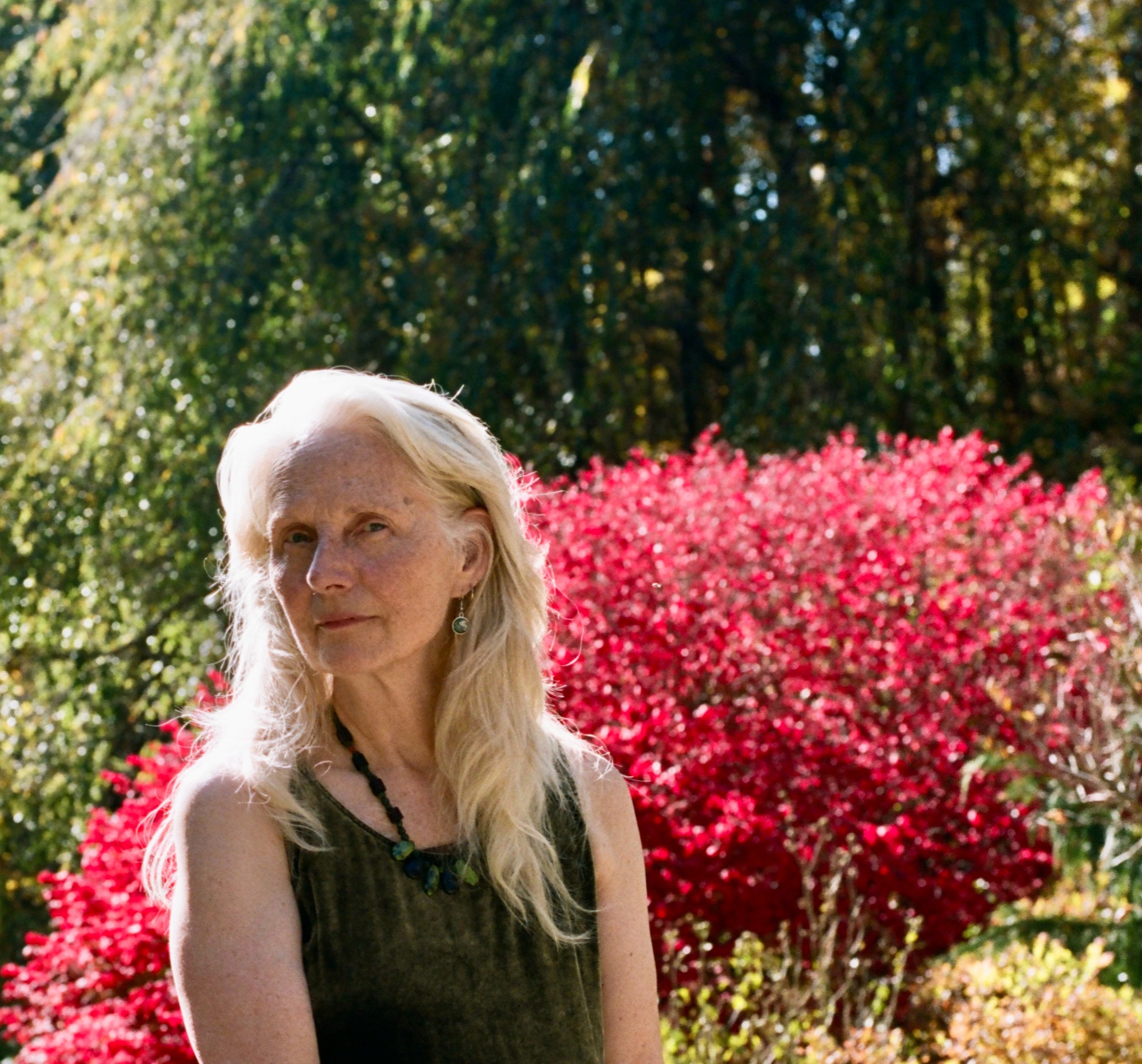Q: Your book, Enraptured Space: Gender, Class, and Ecology in the Work of Paula Meehan
(West Virginia University Press, 2025) opened our world to a poet we, admittedly, had never heard of before. Would you tell us why the work of Paula Meehan is particularly salient today and how you came to her writing?
A: Talk about wonder! Paula Meehan's work came to me in the mail as a request for a book review! Poet and editor R.T. Smith certainly kept channels open for synchronicities, and I'll always be grateful for that request. I think currently we're suffering from the Cartesian dualisms inherent in our capitalist version of modernity, and we've got some horrendous fixes floating around. Paula's beautiful work combines a compassionate, progressive politics (for lack of a better word) through a thoroughgoing critique of the class exploitations underwriting modernity as we know it. I think her work invites us to find a third way through the dualisms of culture/nature, man/woman, head/heart, reason/feeling. What does that world look like? How might we feel and think our way into it? Can we keep what we've learned through this human passage through capitalist modernity and come through it with the insight and lessons, while being open to what might come next? I think she's always on the border of this kind of seeing, and I want to be there with her, and to be there also in my own life and writing.
More about Enraptured Space: Gender, Class, and Ecology in the Work of Paula Meehan:
Drawing on her own lived experiences as a practicing poet, Kirkpatrick explores how scholarship is grounded in an imaginative exchange between words on the page and the material conditions of the scholar who works to inhabit them. With chapters of literary analysis swimming in a conversation between poets, this book breaches the boundaries between criticism and memoir, suggesting the ways that every scholar is transformed by the subjects they study.
About Kathryn Kirkpatrick:
Kathryn Kirkpatrick is the author of seven collections of poetry, including three recipients of the NC Poetry Society’s Brockman-Campbell award. The Fisher Queen: New & Selected Poems (Salmon, 2019) received the NC Literary and Historical Society’s Roanoke-Chowan Poetry Prize. Although she grew up in the nomadic subculture of the U.S. Air Force and spent my childhood in the Philippines, Texas, and Germany, she has lived in the Blue Ridge Mountains for many years, where she teaches environmental literature, animal studies, Irish studies, and creative writing as Professor of English at Appalachian State University.



